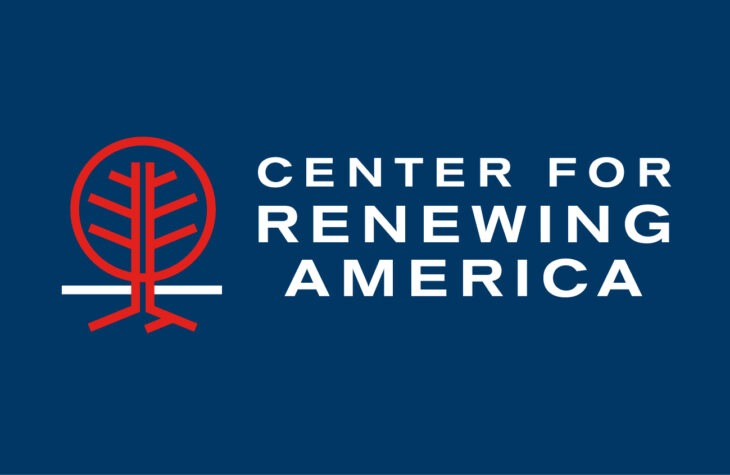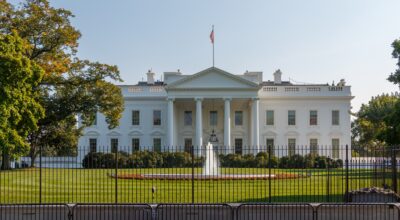
Primer: Afghan Culture is Prohibitive for Assimilation

Background
As the Biden administration’s Afghanistan catastrophe continues to reverberate, there is an immediate imperative to scrutinize the roughly 120,000 people evacuated from Kabul. By the administration’s own admission, only around 5,500 U.S. citizens were evacuated with reportedly hundreds more Americans abandoned, their fates left to the mercy of the Taliban.
Of the Afghans evacuated, initial estimates from August 31, 2021, suggest only around 8,500 Afghan allies (those who directly assisted U.S. forces in some capacity) were evacuated, with an unknown number eligible for Special Immigrant Visas (SIV). It remains unclear who exactly constitutes the remaining 105,000 or so individuals who were airlifted out of Kabul. Determining who was brought onto U.S. military bases for potential resettlement inside the United States is vital for both our national security and the cohesion of our communities.
Policy-makers must be clear-eyed regarding the vast gulf in cultural commonalities between Afghan nationals and Americans. Importing potentially hundreds of thousands of people who share entirely different values poses a potentially destabilizing and self-defeating end to the calamitous manner in which America retreated from Afghanistan, particularly when the U.S. is already so bitterly divided.
Afghan Cultural Barriers for Assimilation
Based on the results of a large-scale, broad-based study released in 2013 by the Pew Research Center, there should be significant concern about bringing large numbers of Afghan nationals inside the United States. This particular study was conducted over five calendar years (2008-2012) and included 39 countries and territories.
Among the many key findings:
- 99 percent of Afghans want Sharia Law (Islamic Law) to be the official law of their land
- 78 percent of Afghans support Islamic courts having authority over civil and family law separate from the existing legal system
- 61 percent of Afghans believe Sharia Law should be applied to all citizens, including non-Muslims
- 39 percent of Afghans believe suicide bombings are at least sometimes justified for “defending” Islam
With regard to specific provisions within Sharia Law:
- 94 percent of Afghans believe a wife should always obey her husband
- 60 percent of Afghans support honor killings wherein it is acceptable to execute a female member of one’s family if she allegedly engages in premarital sex or adultery
- 85 percent of Afghans favor stoning to death as punishment for adultery
- 79 percent of Afghans believe death is the appropriate punishment for leaving Islam and converting to another religion
- 27 percent of Afghans believe polygamy is acceptable with 44 percent believing multiple wives is not a moral issue
- 70 percent of Afghans believe women should not have a say in whether they wear facial coverings
- 81 percent of Afghans support cutting off the hands of those convicted of theft
In addition to these troubling findings, the practice of child brides remains common among Afghans. Sharia Law and Afghan cultural customs allow for arranged marriages of girls younger than 16 years old, including some Afghan villages that have justified the marriages of girls as young as 9 years old. Even now, there are troubling reports coming from U.S. military installations housing Afghan refugees, such as Fort McCoy in Wisconsin, concerning cases of adult men married to underaged – and presumably abused – girls.
Furthermore, a common practice in Afghanistan known as bacha bazi, wherein adult men engage in pedophilia with young boy sex slaves, was a disturbing and frequent reality witnessed by many U.S. military personnel deployed to Afghanistan over the last twenty years. A 2015 report from the New York Times detailed how high-ranking military brass instructed American soldiers on the ground to look the other way when it came to this heinous practice, especially as it pertained to Afghans we trained as police and soldiers. This reporting was confirmed by subsequent inspector general investigations.
Incompatibility with Foundational American Values
These cultural practices show that many Afghan customs and beliefs are simply antithetical to the core foundational ideas of our constitutional republic. When 99 percent of Afghans believe Sharia Law should be the “law of the land” and 61 percent believe even non-Muslims must abide by Sharia, there is simply no common foundation from which to appreciate our ‘first freedom’: religious liberty.
When 78 percent of Afghans believe in a shadow civil jurisprudence, predicated not on constitutional common law but rather on the Koran and the Hadith, then vast swaths of the American legal system are essentially considered illegitimate in the eyes of Afghans. This is even more troubling when one takes into account that the majority of Afghans believe Sharia court systems should apply to non-Muslims.
The overwhelming support among Afghans for the extra-judicial killing of women accused of sexual relations outside of marriage, and the disturbing fact that 4 out of 10 Afghans support suicide bombings against innocent civilians in the name of Islam, highlight an unbridgable gap between Afghan beliefs and the concept of natural law that underpins much of Western civilization, and particularly America.
Conclusion
Lawmakers and U.S. officials must take into account these cultural realities with regard to Afghan nationals and their ability to assimilate into American society. It is clear that our values, rooted deeply and historically in western, Judeo-Christian thought, are simply incompatible with their values. Any vetting standards used should account for these forms of ideological radicalism which are at such odds with our culture. Currently, this is not occuring. Furthermore, the U.S.’s ability to assimilate those with dramatically different cultural values is particularly difficult today due to the increasingly frayed consensus of what holds us together as a people.
When significant questions remain unanswered regarding who exactly we evacuated from Afghanistan, the rush to resettle tens of thousands of Afghans into American communities is a recipe for disastrous outcomes. Regional resettlement of Afghan refugees remains the best option for both the Afghans fleeing the Taliban and American citizens whom elected officials swore an oath to protect.



